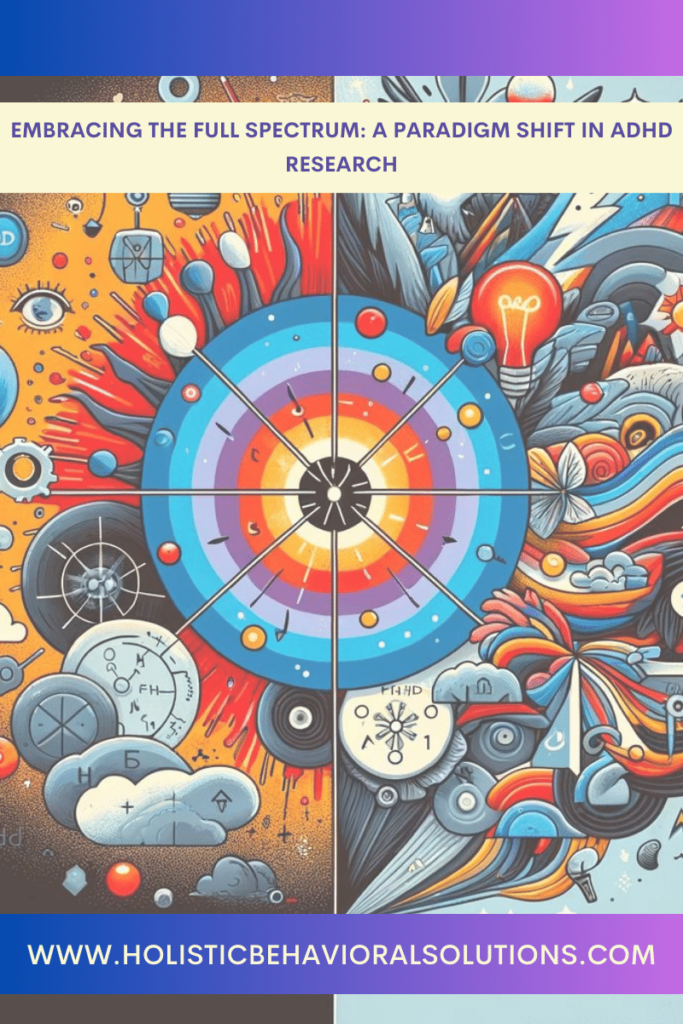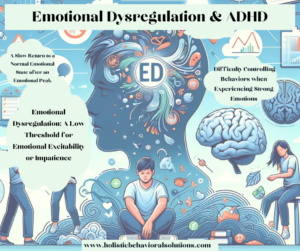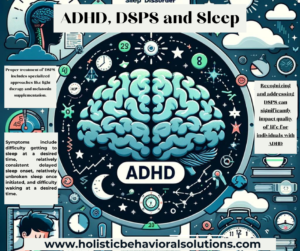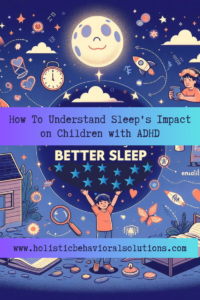
The old paradigm: Attention-Deficit/Hyperactivity Disorder (ADHD) has historically been enveloped in a narrative focused on deficits and challenges. Traditional research and discussions around ADHD have often emphasized the difficulties individuals face, including impulsivity, hyperactivity, and inattention. However, a transformative shift is underway in the understanding of ADHD, propelled by the principles of positive psychology. This new approach aims to highlight and harness the unique strengths and potentials of individuals with ADHD, marking a significant departure from the deficit-focused narrative.
Tracing the Historical Narrative of ADHD
The journey of ADHD research and understanding has been long and evolving. Initially conceptualized as a disorder primarily affecting children’s ability to concentrate and remain still, ADHD was often viewed through a lens that highlighted only the challenges it presented. Early research focused on understanding the neurodevelopmental underpinnings of ADHD and its impact on academic performance, social interactions, and daily functioning.
This perspective, while providing valuable insights into the disorder, often left little room for recognizing the potential strengths and abilities inherent in individuals with ADHD. The emphasis on deficits led to a stigmatized view of ADHD, framing it as a condition to be managed rather than a different cognitive profile that could also offer unique advantages.
The Paradigm Shift: From Deficits to Strengths
The landscape of ADHD research and understanding began to shift with the advent of positive psychology. This branch of psychology, founded by figures such as Martin Seligman, focuses on what makes life worth living and how individuals can flourish despite challenges. Applied to ADHD, positive psychology encourages a more holistic view of the condition, recognizing that alongside the well-documented challenges, there are also inherent strengths and talents.
This strength-based approach seeks to balance the paradigm, advocating for a more comprehensive understanding of ADHD that includes the potential for creativity, hyperfocus, resilience, and dynamic problem-solving abilities often found in individuals with ADHD. By focusing on these strengths, the aim is to empower individuals with ADHD to leverage their unique skills and perspectives, contributing positively to their lives and society.
Positive Psychology and ADHD: A New Framework
Positive psychology offers a framework for exploring the strengths associated with ADHD. This approach is rooted in the belief that every individual possesses innate talents and potentials that, when nurtured, can lead to fulfillment and success. In the context of ADHD, positive psychology prompts a reevaluation of the traits traditionally viewed as problematic, suggesting that these same characteristics can also be sources of strength.
For instance, the hyperfocus often observed in individuals with ADHD, while potentially leading to challenges in shifting attention, can also enable deep and sustained engagement with tasks of interest. Similarly, the propensity for high energy and creativity can foster innovative thinking and a capacity for out-of-the-box solutions to complex problems.
Embracing a Strength-Based Approach in Practice
Adopting a strength-based approach in understanding and supporting individuals with ADHD involves several key strategies:
- Individualized Support: Recognizing that ADHD manifests uniquely in each person, support strategies should be tailored to leverage individual strengths while also addressing challenges.
- Empowerment: Encouraging individuals with ADHD to explore and develop their inherent talents, providing opportunities for them to excel in areas where they naturally thrive.
- Education and Awareness: Educating parents, educators, and employers about the strengths associated with ADHD can foster more supportive and inclusive environments.
- Positive Reinforcement: Utilizing positive reinforcement to acknowledge and celebrate the achievements and contributions of individuals with ADHD, reinforcing their self-esteem and confidence.
The Impact of a Strength-Based Perspective and Paradigm
The shift towards a strength-based paradigm in understanding ADHD has profound implications for individuals with the condition, their families, and society at large. By highlighting the potential for excellence and innovation inherent in individuals with ADHD, this approach challenges stereotypes and reduces stigma. It opens up new pathways for individuals with ADHD to contribute meaningfully to their communities and achieve personal fulfillment.
Furthermore, this perspective encourages a more compassionate and empathetic approach to supporting individuals with ADHD, focusing on building upon their strengths rather than solely remedying their difficulties. This can lead to more effective interventions and support strategies that align with individuals’ natural inclinations and talents.
Concluding New Paradigms
The evolving narrative of ADHD, from a focus on deficits to an appreciation of strengths, reflects a broader shift in our understanding of neurodiversity. The application of positive psychology to ADHD emphasizes the importance of recognizing and nurturing the unique talents and potentials within each individual. This paradigm shift not only enriches the lives of individuals with ADHD but also enhances our collective appreciation for the diverse ways in which the human mind can function and excel. As we continue to explore and embrace the strengths within ADHD, we pave the way for a more inclusive, empowering, and positive approach to understanding and supporting all individuals within the neurodiverse spectrum.
The Holistic Store
While we are thinking that through, boost your connection from the inside out with our wellness supplements and supplies. Check out our store for products that help you feel your best, making it easier to open up and connect on a deeper level.


